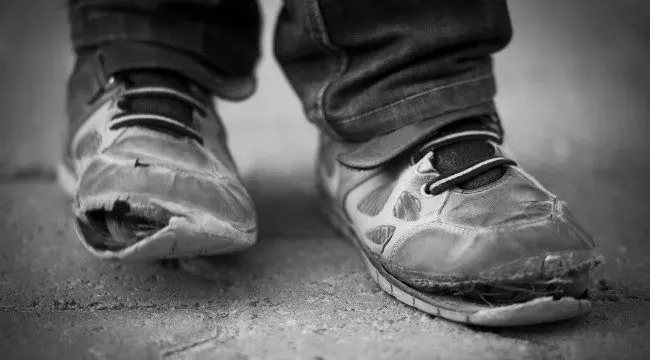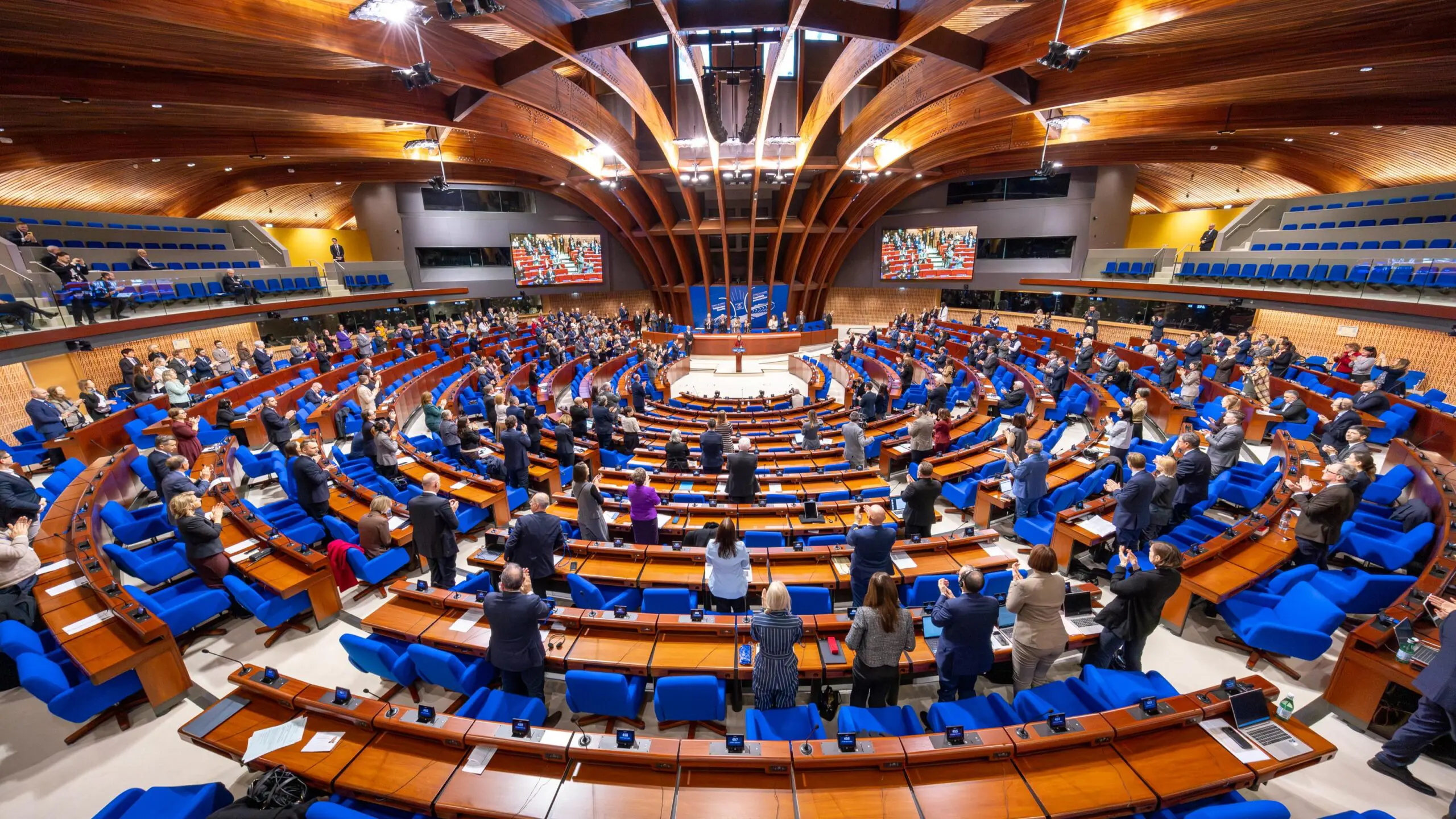Almost half of Italian families barely make ends meet with their monthly income, and for one in four families, health problems mean huge financial problems. So says a study by the sociological institute Eurispes.
In 2016, 11 million Italians refused or postponed medical treatment due to lack of money, which is 2 million more than the previous year. Whoever earns less dies earlier, sums up the weekly “Espresso”.
According to him, in “rich” countries, including Italy, people aged 40-85 lose an average of 2.1 years of their lives due to their poor economic situation. This means that the health risk posed by poverty is the same as that posed by other factors such as smoking, diabetes, overweight and lack of physical activity. So say the results of a scientific study published in the prestigious publication The Lancet.
In other words, earning a little endangers your health just as much as smoking. Although this is not a new thesis, the current study is based on data on 1.7 million people in Britain, Italy, Portugal, the United States, Australia, Switzerland and France, whose lives have been observed for 13 years. they live less not only because they can afford less access to quality healthcare. It is not a novelty that the one who can afford more expensive and quality treatment earns more years of life.
The current research focuses on another aspect – our health is a result of our lifestyle, the quality of the food we buy, the physical activity we perform. In fact, during pregnancy and early motherhood, a mother can literally change her baby’s DNA depending on her diet and behavior during this period, the study concludes.
Covid-19 crisis we are all living with – with its scenario of shortages of resources, vulnerable groups under threat, economic impact, investment drops, unemployment, education deficit generation, leads to acute poverty. As Reverend Jesse Jackson, an iconic American civil rights activist, has declared few years ago: “Poverty is a weapon of mass destruction – we need war on it. We have to resolve the problems bottom-up, not top-down. But to move millions of people out of poverty, you need government policies.”







